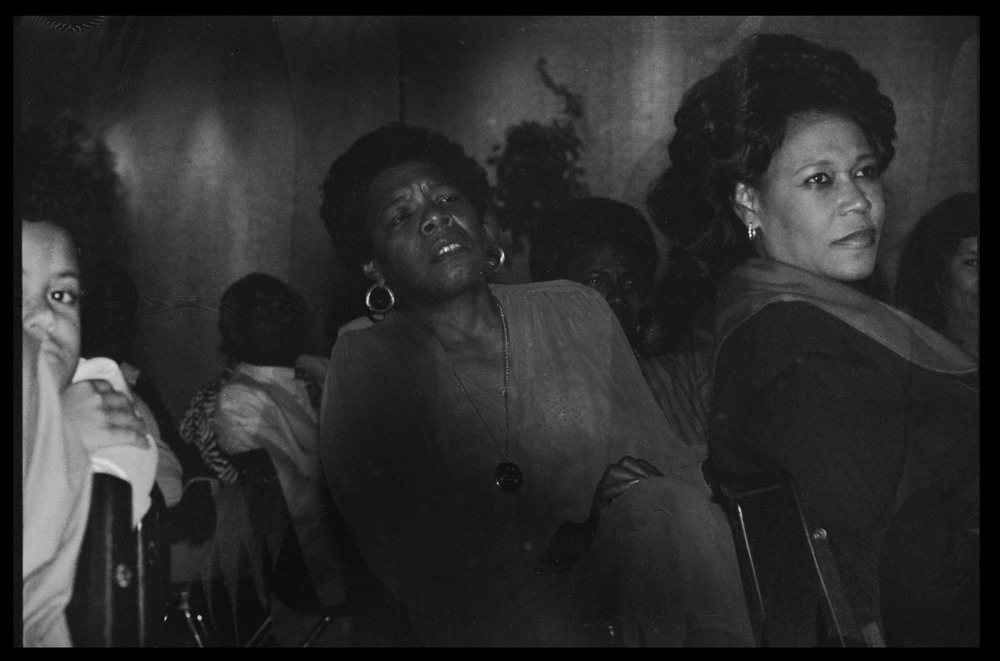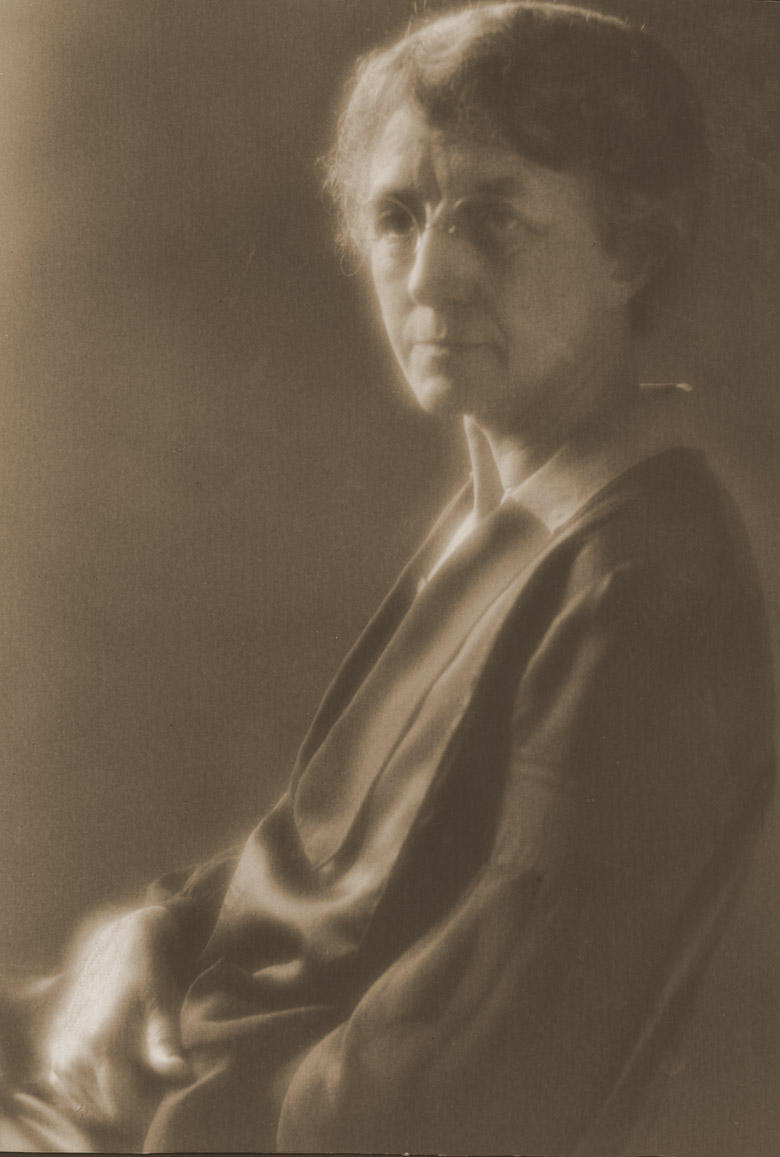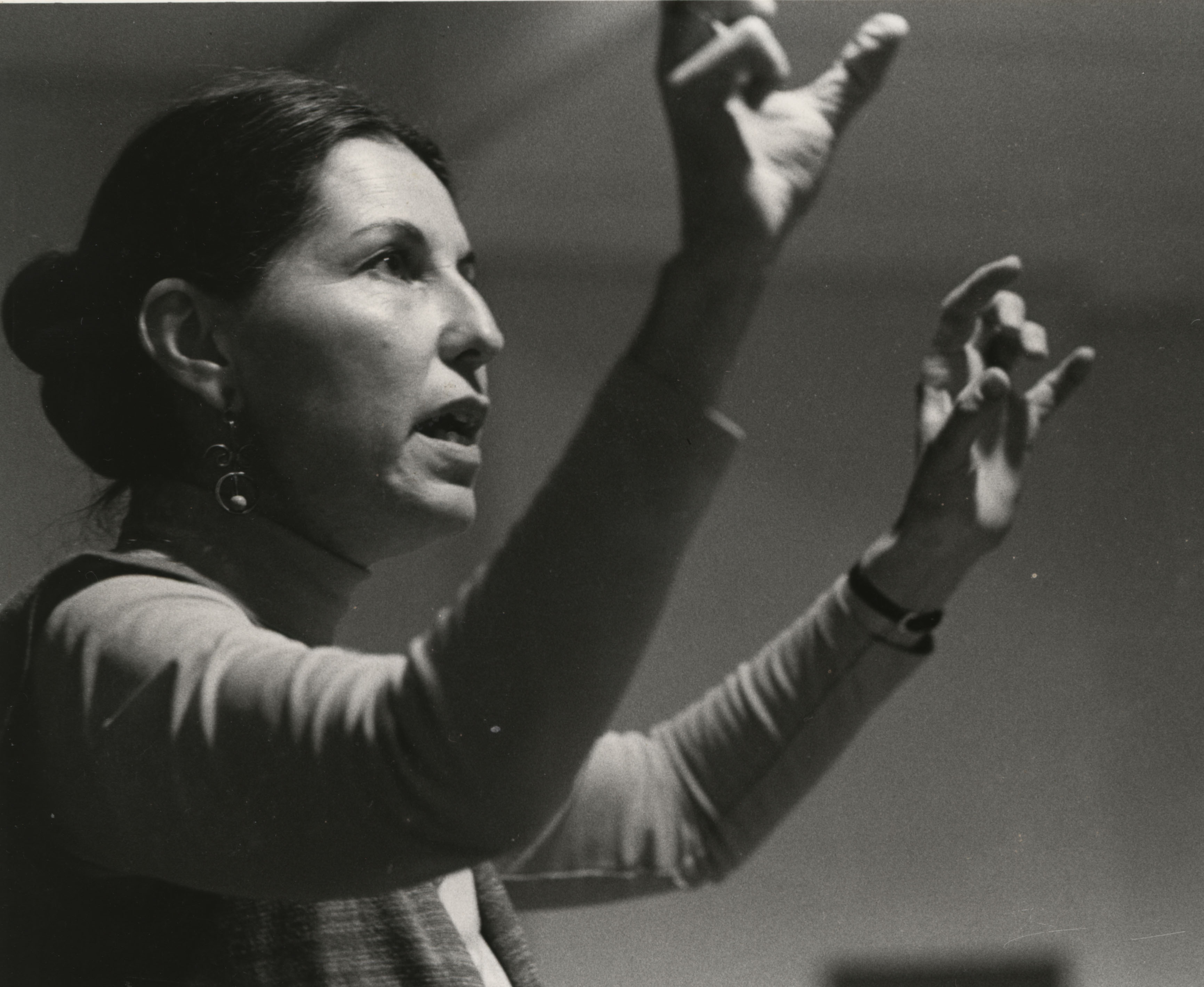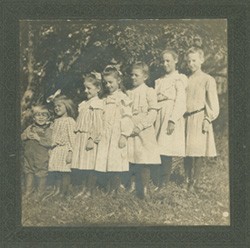Diana Mara Henry Collection (20th Century Photographer)
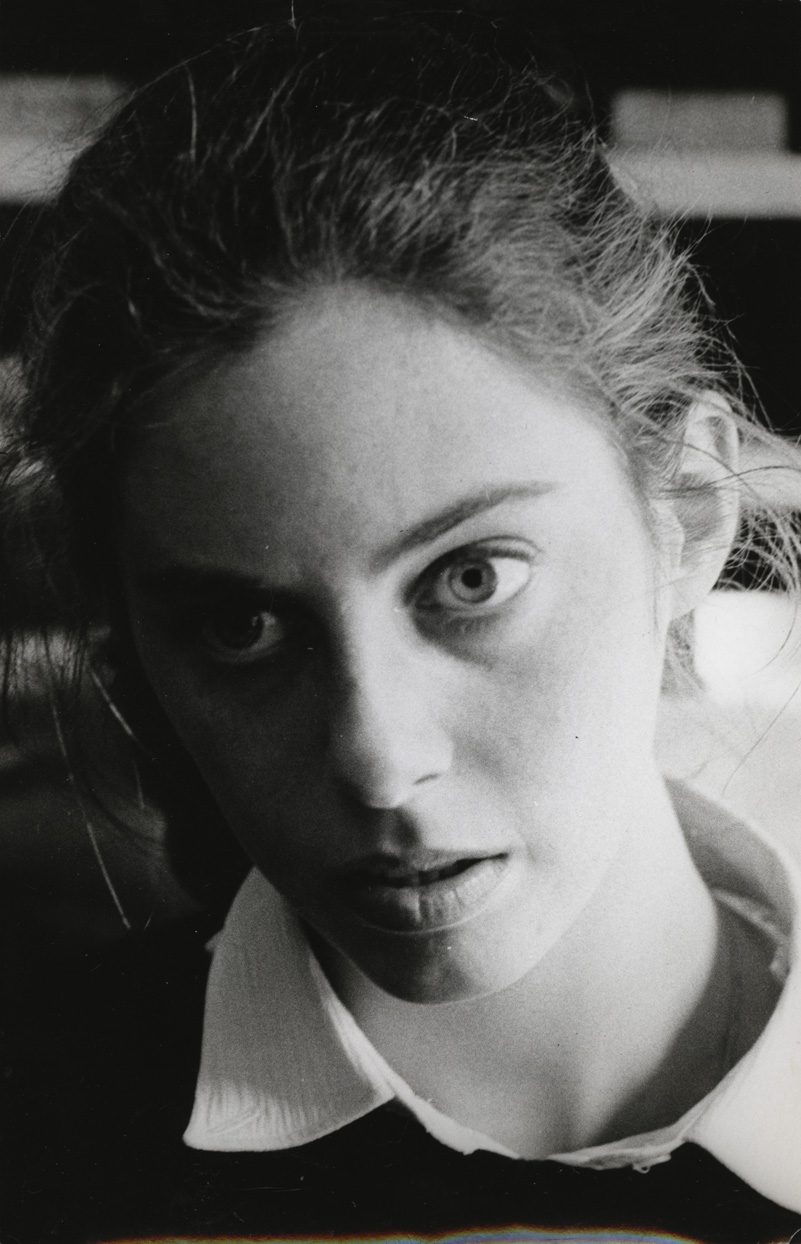
Photo by Charles Hagen
Recognized for her coverage of historic events and personalities, the photographer Diana Mara Henry took the first steps toward her career in 1967 when she became photo editor for the Harvard Crimson. After winning the Ferguson History Prize and graduating from Harvard with a degree in government in 1969, Henry returned to New York to work as a researcher with NBC News and as a general assignment reporter for the Staten Island Advance, but in 1971 she began to work as a freelance photographer. Among many projects, she covered the Democratic conventions of 1972 and 1976 and was selected as official photographer for both the National Commission on the Observance of International Women’s Year and the First National Women’s Conference in 1977, and while teaching at the International Center for Photography from 1974-1979, she developed the community workshop program and was a leader in a campaign to save the Alice Austen House. Her body of work ranges widely from the fashion scene in 1970s New York and personal assignments for the family of Malcolm Forbes and other socialites to political demonstrations, cultural events, and photoessays on one room schoolhouses in Vermont and everyday life in Brooklyn, France, Nepal, and Bali. Widely published and exhibited, her work is part of permanent collections at institutions including the Schlesinger Library, the Library of Congress, Smithsonian, and the National Archives.
The Henry collection is a rich evocation of four decades of political, social, and cultural change in America beginning in the late 1960s as seen through the life of one photojournalist. This diverse body of work is particularly rich in documenting the women’s movement, second wave feminism, and the political scene in the 1970s. Henry left a remarkable record of women in politics, with dozens of images of Bella Abzug, Elizabeth Holtzman, Shirley Chisholm, Liz Carpenter, Betty Friedan, Jane Fonda, and Gloria Steinem. The collection includes images of politicians at all levels of government, celebrities, writers, and scholars, and coverage of important events including demonstrations by Vietnam Veterans Against the War, the Women’s Pentagon Action, and marches for the ERA. The many hundreds of exhibition and working prints in the collection are accompanied by the complete body of Henry’s photographic negatives and slides, along with an array of ephemera, correspondence, and other materials relating to her career.
 See the exhibit Photographer: DMH
See the exhibit Photographer: DMH

